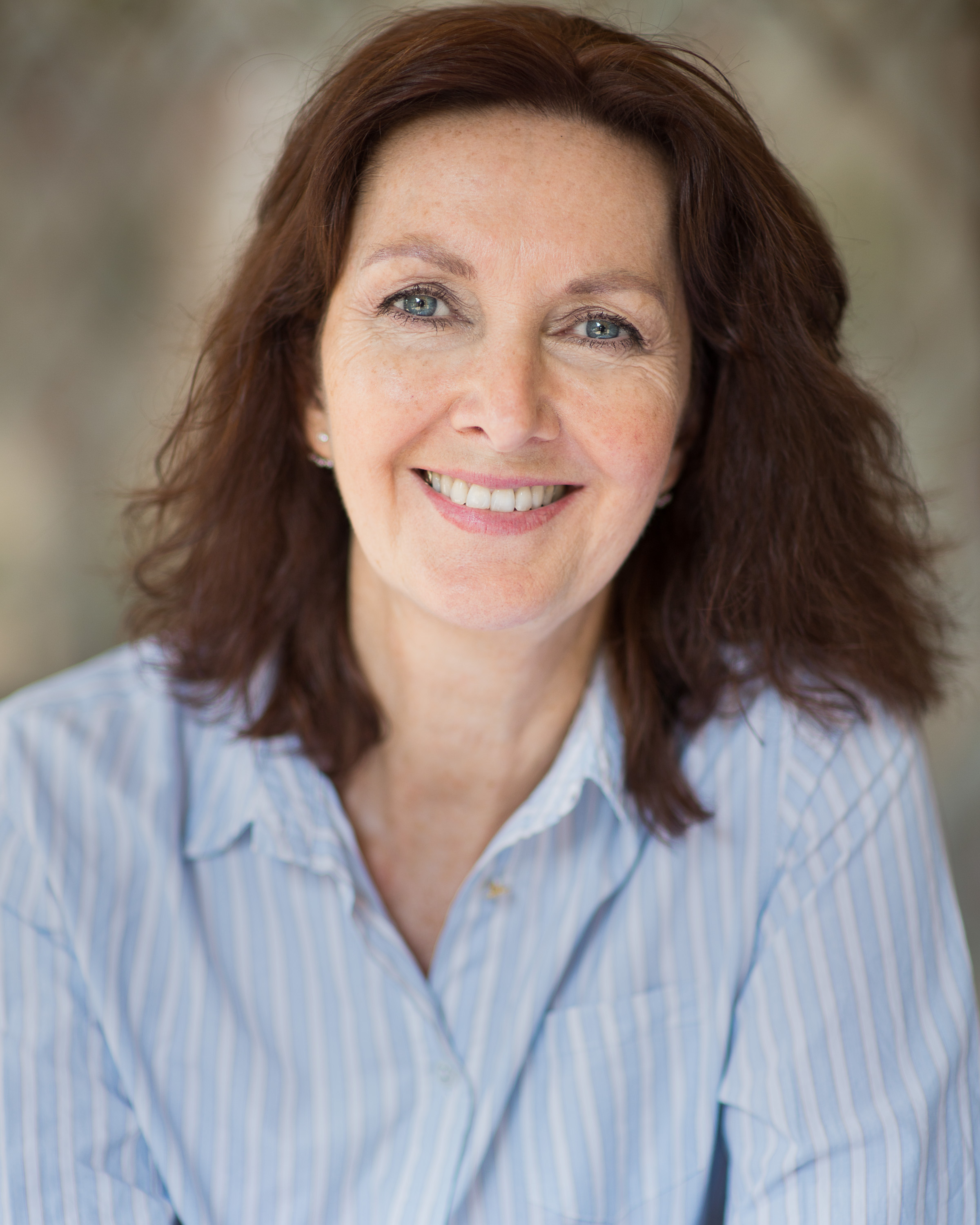Eco therapy, Green therapy, Biophilia... there are so many words to describe the oldest therapy in existence.
With the increase of technology in our lives and the exponential surge in pace, it is no mystery that there's a corresponding acceleration in anxiety and depression. Bizarrely many are looking away from the obvious natural solution to balance this: Prescribing on one hand even more technology, in the form of apps and CBT bots and on the other hand, even more medication. In reality a complementary answer lies on our doorstep. Simply being outside. This is not new, there's more supportive data on the efficacy of going outside for health, than we know what to do with.
It used to be that a child that was different was one one that stayed in doors, while the others played outside. Now it's the other way around. In the past, on weekends many of our parents made room for a walk. Now, it seems people have lost the art of a healthy use of free time. The pursuit of joy is dying with the attention demands of a plugged in life. People opting to just veg and box binge. The fact is, is when we experience a challenge, a change of scenery or pace we become exhilarated and that effort results in positive energy. Sofa surfing drains us, but just walking by the water can be energising! We're growing apart from what balances us naturally.
As a specialist in anxiety, many people that I see suffer from an undefined hum of dis-ease, stopping them going out or being socially present, or worse just not following their desires. Then follows a type of depression or hopelessness. In my therapeutic programme called Nature Sense - my clients explore a gentle way to reduce their stress, their issues. It's essentially about developing our innate common sense, the sense that has never let us down and got us through many a millennia to where we are now.
Has nature become an inconvenient place where there's nowhere to charge our phone? I'm no luddite, but personal technology seems a bit like alcohol, a little can be nice but too much and then we're in an abyss. There's a notion that squashing our natural side, our flow is better because we believe, to be in control of nature makes us somehow stronger. Prescriptions that include experiencing nature through a VR headset along with a vitamin D supplement is touted as better than actually smelling and feeling it. But it's Vitamin N for Nature that we need.
Just because we think we can control the environment doesn't mean that solution is more effective. On the contrary, it's the unpredictability of nature that increases our confidence. It's the patterns that shadows cast that trigger our creativity. It's the wonder of the smells and sights that take us from our problems, into the moment where we meditate without even knowing how. We're mindful and suddenly we're happier.
One of the things I do with my clients in our Walk and Talk sessions is just walking randomly. We don't stay on a path, we explore - and this is in central London, not some big forest. Simply the metaphor of going off the path can be harnessed to leading into exploring your dreams of what you'd like for your life, if you strayed off the path. Possibilities seem more tangible when you work outside.
It's been reported to me by clients that normally when they see a therapist, there's at times a silence but when this silence happens in a walk and talk session, it's accompanied by the sound of birds, the rustle of trees - they've said "it feels easier". "It's a gentler therapy, more powerful."
Of course there's screentime - we clutch on to our phones in social situations blocking us from connecting. With nature therapy it's phone down face up. It's teaching you to connect with confidence and know that the answer to your life is not within the phone, but within the ability to give yourself space to think. It's mindfulness without the app!
It's not just my clients, I also teach therapists and coaches irrespective of their school of thought or background. Teaching other therapists is important in a bigger sense too. If we don't value being outside, who's going to save it for us. We are the stewards of this fragile earth. It's important we show how valuable being outside is otherwise the green spaces we have around us, will just turn into car parks. So I teach therapists how to safely and responsibly harness the power of the outside for their clients and for us all.
It doesn't matter if you're in a city, the countryside or by the sea, client or therapist - learning to bring the outside within - to heal - is the most wonderful gift. It's about going outside to heal inside.
After all, the the first lady of therapy is Mother Nature herself, it's time we let her guide us!

